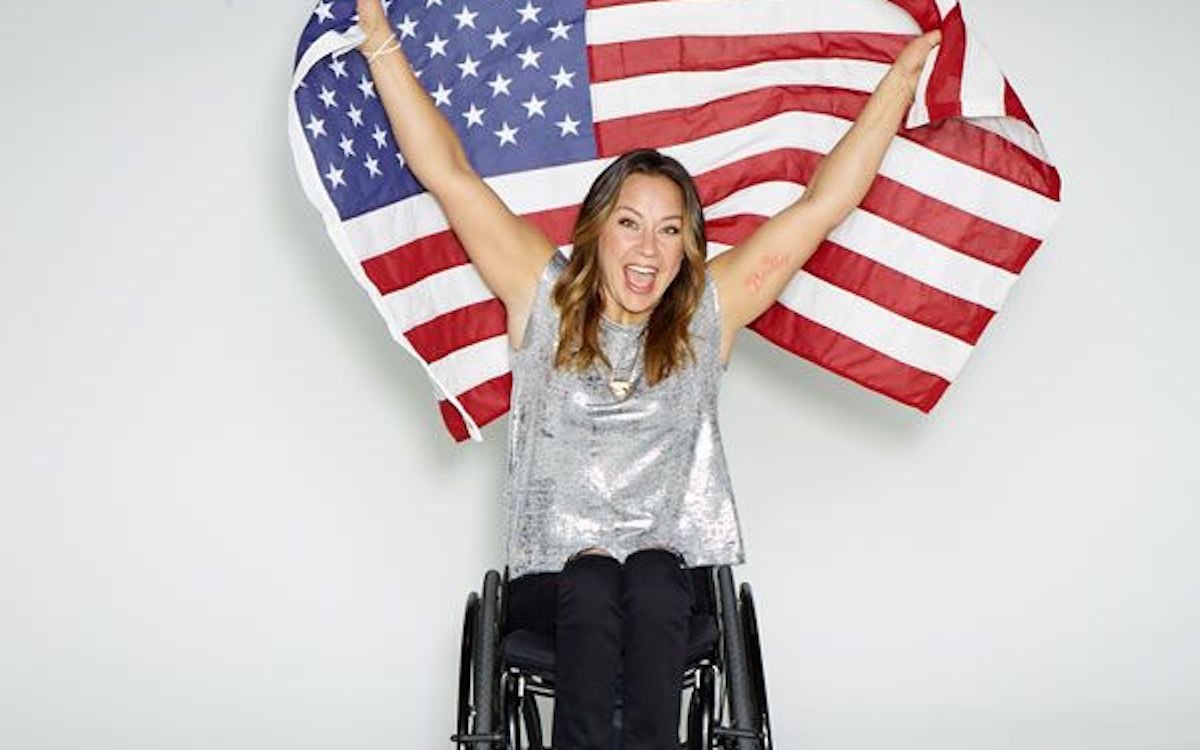Olympic athletes talk about their scars

Zito Madu interviewed eight Olympic athletes to tell stories about their scars, their bodies, and major injuries they’d suffered in competition or training. It’s a fascinating look at how top athletes see their bodies. For example, here’s freestyle skier Devin Logan, on how injuries make athletes smarter:
I have had countless injuries throughout my whole life. Broken bones, sprains, and surgeries. I wouldn’t say the injuries get easier because it is always a hard time dealing with an injury that takes you out of something you love, but I would say injuries make you smarter. They make you smarter with how you train to come back and smarter with knowing what is best for you. You start to know yourself and body better, and that’s the greatest thing to take away from injuries because things that work for you may not work for others.
Or Ashley Caldwell, on how they can make you doubt yourself:
You train your body and your mind to be the best it can be and when an injury presents itself you feel as though your body betrayed you. That all the hard work, dedication and care you took to be a professional athlete was wasted because your body didn’t quite want to do it or couldn’t handle it.
J.R. Celski on the difference between athletes and regular people:
An athlete’s best friend is their body. A regular person’s might be their mind. Athletes spend all day training their bodies, whereas regular people might be required to complete tasks using their minds.
And Alana Nichols, a wheelchair basketball and alpine skier, on her most devastating injury:
Breaking my back and becoming paralyzed wasn’t enough to keep me from skiing, but after I destroyed my right shoulder up at Mt. Hood in June 2013, I seriously considered never skiing again. I was left with one functioning limb for six-plus weeks (legs paralyzed and right arm in a sling) but luckily living at the Olympic training center in Colorado Springs. Right dead in the middle of that recovery process, taking medication to manage my pain, and struggling day in and day out to do the simplest tasks of daily living (with my left arm) was when I completely wanted to give up. The doctors at the OTC said I wouldn’t make it back to for the Sochi Games the following March, but my physical therapist thought differently. My rehab was excruciating; seven days-a-week (thankfully) of aggressive soft tissue manipulation, dry needling with STEM, and active mobility stretching. I definitely had moments of doubt, but all I could do was take it one struggle bus day at a time.
Madu, who was a professional soccer player himself, has a philosophical approach to all this, influenced by Dante Aligheri:
My fascination with scars stems from my belief of the body as an integral part of the miracle of human beings. The body, to me, is not a shell a person is trapped in. I see the body and mind as inseparable and do not put the mind as the greater of the two. The body is neither inferior nor a limitation. It is necessary and equally glorious.





Stay Connected